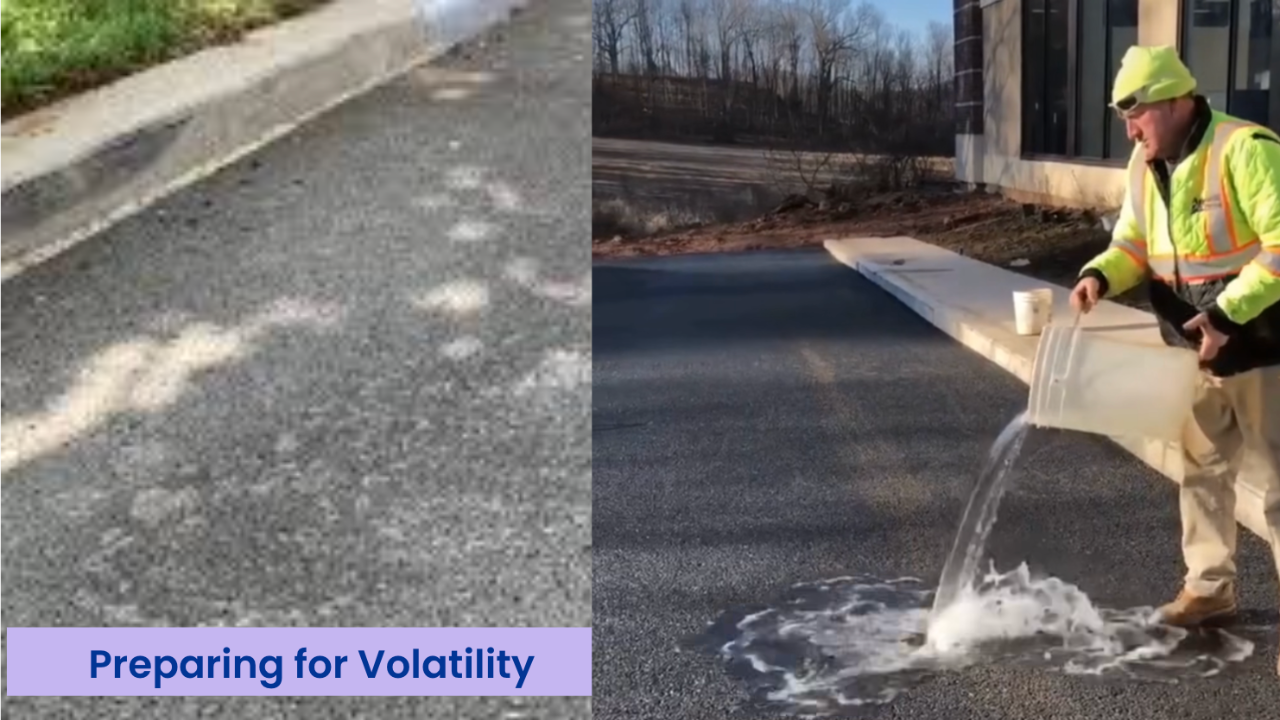
July 2025 - Trend Spotting - Climate Innovation
Jul 30, 2025|
|
Trends We're Watching |
|
July 2025 FutureGood is a consultancy focused on helping visionary leaders build a better future. Through DEI consulting, strategic visioning, keynotes, retreats, and online learning, FutureGood helps thought leaders (like you!) to deploy futurism. |
|
We are watching so many interesting trends each month that we've decided to share them with our community. If you want us to look out for a specific subject, reach out and let us know! |
|
|
Climate Innovation |
|
|
|
In St. Croix, US Virgin Islands, a century-old theater is being transformed by the local community foundation into a vibrant arts center and a climate-resilient shelter. Post Hurricane Maria, the building is being rebuilt to withstand powerful hurricanes, which continue to threaten the island. This project highlights the power of dual-purpose infrastructure: spaces that serve communities in daily life while also providing safety and resilience in the face of climate change. |
|
What this could mean for the social sector: This project offers a model for how community-led initiatives can meet both cultural and climate resilience needs. It should encourage social sector investment in multi-purpose spaces. |
|
|
|
|
|
In Germany, a new type of granite roadway is designed to absorb up to four tons of water per minute, with an underground pipe system that manages excess water and reduces flood risk. As extreme weather events become more frequent, this kind of infrastructure can help prevent or limit widespread damage. |
|
What this could mean for the social sector: This innovation shows that new infrastructure can protect communities from climate-related risks. It also reinforces the need to seek long-term solutions. |
|
|
Learn to spot trends relevant to your work |
|
If you want to learn more about futurism, including how to spot and make sense of these trends, you can! Sign up for our online learning program, FutureGood Studio, and empower yourself to be future-ready! |
|
|
|
|
|
Climate change is reshaping the way we think about affordable housing, especially in regions facing more frequent extreme weather. Traditional building methods simply can’t keep communities safe or healthy anymore. It’s critical we invest in innovative, resilient homes that not only withstand these impacts but also reduce carbon emissions and support long-term climate solutions. |
|
What this could mean for the social sector: This indicates a shift toward intersectional approaches, like those that integrate climate resilience into housing and health initiatives. Organizations will need to begin operating on this level as the norm. |
|
|
|
|
|
PFAS, or "forever chemicals," are persistent human-made substances linked to serious health risks and widespread contamination in water, soil, and human bodies. New research from Oxford Brooks University shows promise in breaking down PFAS using pressurized bubbles without added chemicals or electricity, offering a scalable solution for diverse environments. |
|
What this could mean for the social sector: PFAS were only discovered fairly recently - in the 1970s. The lifecycle of problems and solutions is getting shorter as innovation speeds up. The social sector should be approaching climate issues with an eye toward emergent solutions, including advocacy for technological innovations that would speed up solutions for the communities they serve. |

